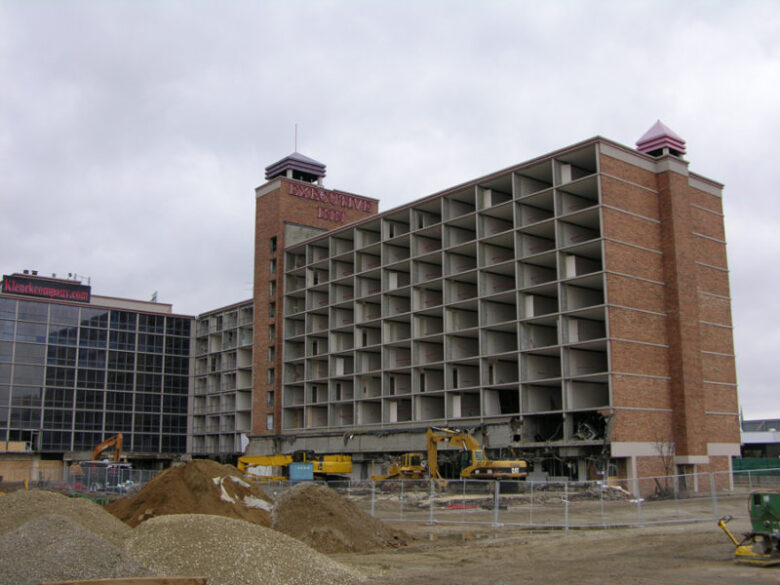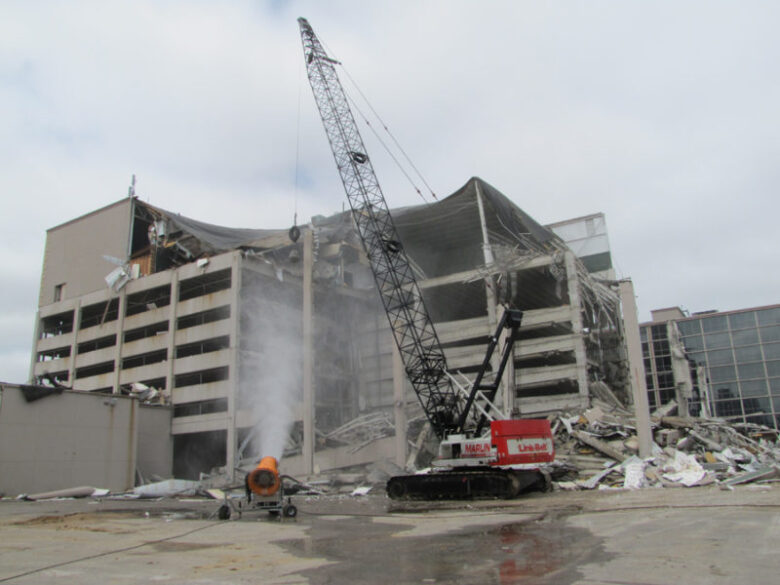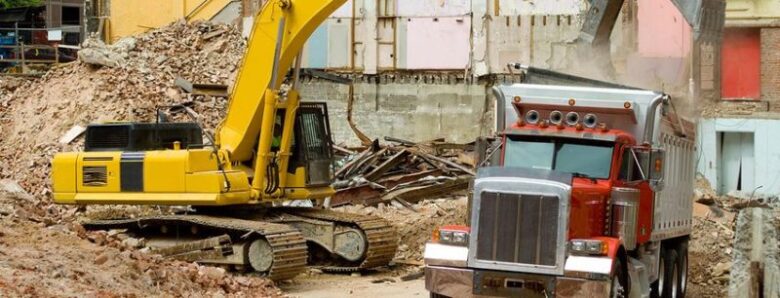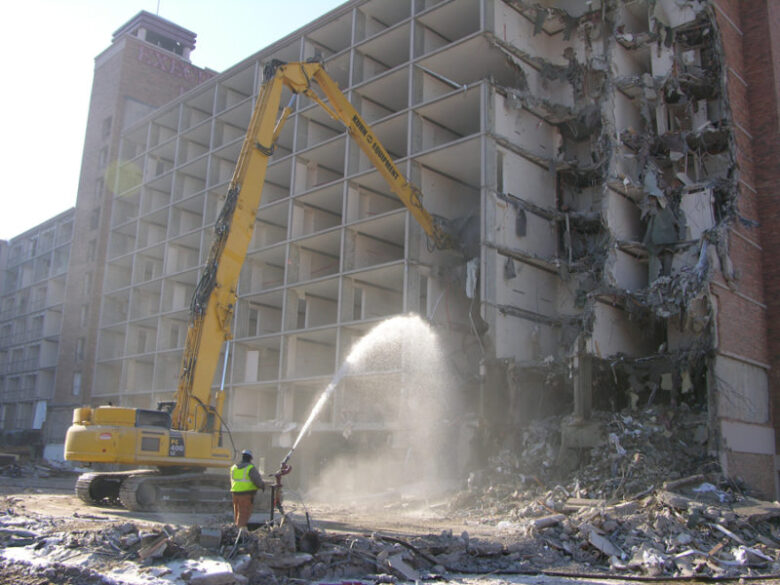Whether you’re a new or established business owner, your business premises are a make or break for success. Sometimes, if you’re considering extensive building renovations, you may find that complete demolition is a more viable option.
Ultimately, a commercial construction must serve a purpose and meet all your needs. If a current structure does not meet these needs then rebuilding from the ground up could be more cost-effective.
If demolition is on the cards, here’s what to expect and how to plan.
Important Considerations in Building Demolition

What does it take to completely knock down an entire construction that’s been standing steadfast for years on end? A whole lot of planning and manpower.
When it comes to demolition, developers and demolition experts have to consider a few important factors beforehand. Some of the top concerns include:
- The location of the building and proximity to other structures
- The area location
- Primary materials
- The purpose of the demolition
- The age
- How to dispose of debris, including entry and exit routes
There are a number of methods of demolition. These range implosion, high-reach arm destruction, wrecking ball, and selective demolition.
The best method really does depend on the setting and materials, but ultimately the safety of surrounding buildings and crew is paramount.
What to Expect During a Building Demolition

What’s important to bear in mind is that demolition is not an overnight process. Depending on the size and layout of the contracture, it’s important to set aside enough time to get the job done properly.
Here are some of the basic steps you can expect to plan for during the demolition of a commercial property:
Step 1: Measuring the Building
Before you take a wrecking ball or high-reach arm to your edifice, it must be measured accurately first. Buildings are still measured the traditional way with a tape measure, or they are scanned with a specialized 3D scanner. But it’s best to call in a surveyor for larger properties to ensure your demolition can be planned properly and accounted for.
Step 2: Building Inspection
Older edifice must be thoroughly inspected for the presence of toxic compounds such as asbestos and radon.
In this case, a specialized asbestos removal contractor will remove all related materials in compliance with EPA guidelines.
Levels of radon are also tested prior to demolition. If dangerous levels are detected, safety measures must be put in place.
Step 3: Choosing a Demolition Expert
Before signing on the dotted line with a demolition contractor, it’s important to do your research and solicit a number of bids from several experts. You don’t need to settle on the first bid. Find a contractor that fits in with your budget and has the expertise and reputation to suit.
Make sure each contractor bid is broken down into specific, itemized costs so that you know exactly what you’re paying for. Ensure the clean-up and debris removal costs are also covered in a contractor’s bid.
Finally, always make sure your contractor is licensed, bonded, and insured before giving the go-ahead!
Step 4: Obtain Necessary Demolition Permits
No matter what state you’re in, you will most likely be required to obtain a demolition permit to destroy any type of building, commercial or otherwise.
Some contractors cover the time and cost of obtaining a permit in their bid. However, not all contractors are created equal. Make sure to ask about whether the demolition permit is covered or whether you’ll have to obtain it yourself.
Bear in mind that demolition permit costs vary. Most of the time, they only cost a few hundred dollars. However, if demolition is discouraged in a certain area, permits costs reach into the thousands.
Step 5: Debris Removal and Cleanup

One of the last and most important steps in demolition is the removal of debris and a general cleanup of the site. If a building site is clogged with debris, your developer will not be able to begin your new project.
Most demolition contractors will include the debris removal and site cleanup in their fees. If not, make sure to budget for this much-needed service.
Resource Recovery Solutions team (https://rrsdemo.com/) works with you to determine your best course of action when it comes to building demolition.
Learn more about our innovative demolition solutions today!


